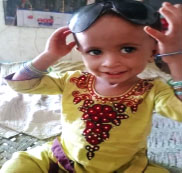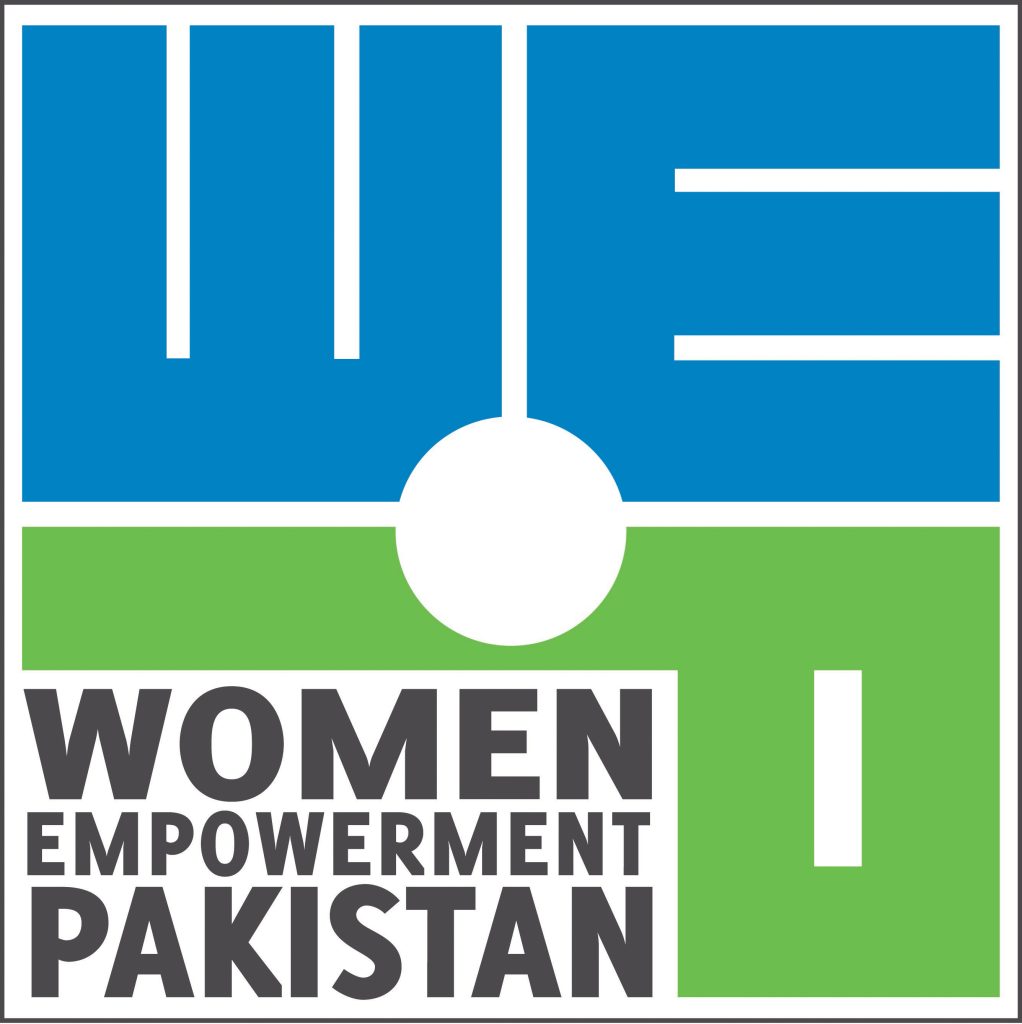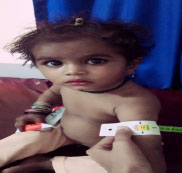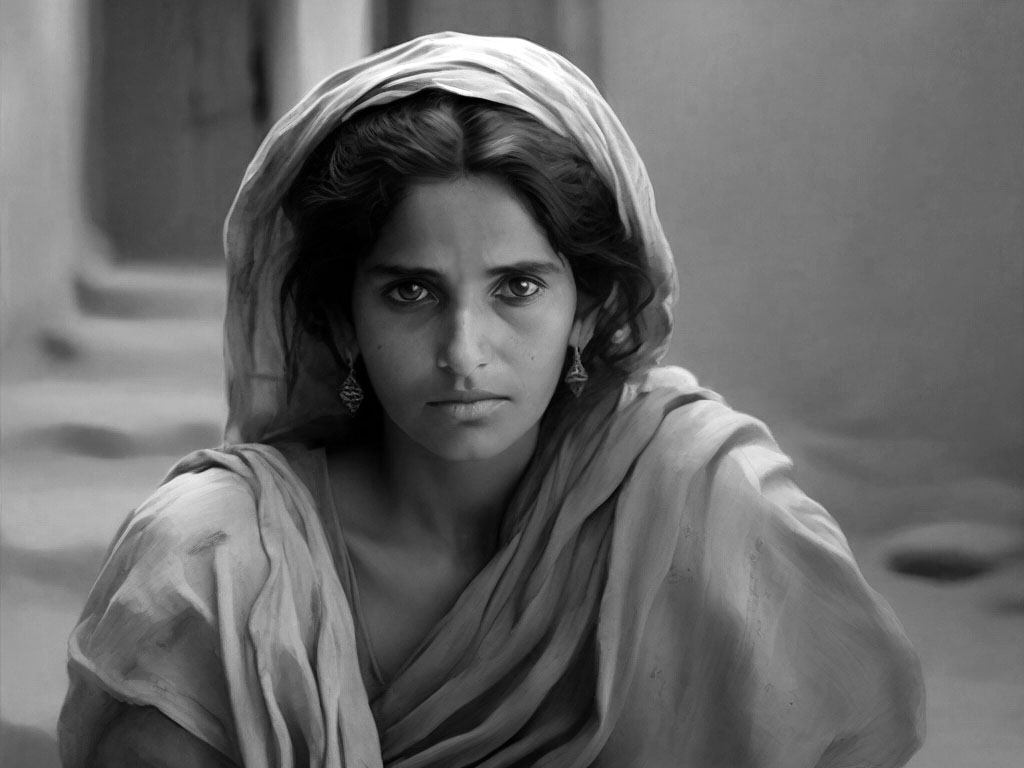
A Village Girl’s Journey from Malnutrition to Hope
In the remote village of Samabad, nestled within the dusty plains of Pakistan, lived a little girl named Anmol. She was a mere 24 months old, yet her tiny frame bore the cruel marks of severe malnutrition. Her parents, Ghulam Mustafa and his wife, were simple laborers struggling to make ends meet, unaware of the deadly grip malnutrition had on their daughter.
Enter Sumera, a dedicated Community Health Worker from WEP, an organization dedicated to empowering women and children. During a routine screening, Sumera’s keen eyes identified Anmol’s severe condition. Her MUAC (mid-upper arm circumference) measured a mere 10.2cm, a stark indicator of malnutrition.
Initially, Anmol’s parents were hesitant to seek treatment. Fear and lack of awareness about malnutrition’s dangers held them back. However, Sumera, fueled by unwavering determination, used her skills in community mobilization to gently guide them towards the nearest OTP (Outpatient Therapeutic Program) center.
At the center, Anmol received the much-needed care and nutrition. The skilled staff of WEP and AAP-Health, a collaborative project, provided her with therapeutic food and monitored her progress closely. Slowly but surely, Anmol began to gain weight and strength. Her MUAC increased to 11.8cm, a sign of her improving health.
Anmol’s story became a beacon of hope for the entire community of Samabad. Witnessing her remarkable recovery, others were motivated to learn about proper nutrition and healthcare. The fear and stigma surrounding malnutrition began to fade, replaced by a sense of cooperation and commitment to children’s health.
Today, Anmol is a thriving child, filled with laughter and energy. Her parents, overwhelmed by gratitude, express their heartfelt thanks to WEP and AAP-Health for giving their daughter a second chance at life. Anmol’s journey is a testament to the power of collaboration and community engagement in combating malnutrition and empowering children to reach their full potential. It is a story that continues to inspire hope and action, not only in Samabad but across countless communities in Pakistan.


